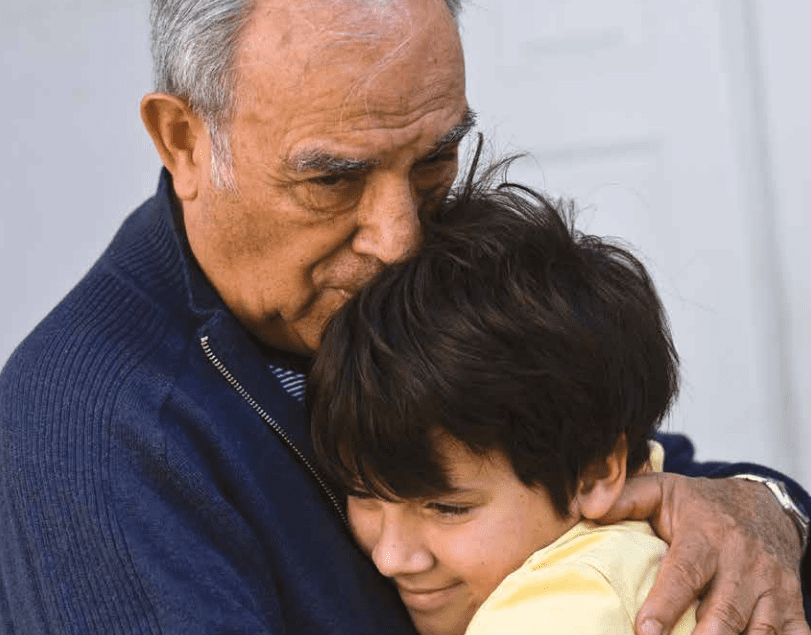
According to a new report by Generations United, grandparents and other relatives who step in to care for children, play an important role in mitigating trauma, which children in the child welfare system experience at starkly higher rates than the general population.
More than half of the children in the child welfare system have endured four or more adverse childhood experiences (ACEs), leaving them 12 times more likely to have negative health outcomes – substance use disorders, mental health problems, and engaging in aggressive or risky behaviors – than the general child population.
“Growing up with a childhood full of trauma and abuse, there were very few moments where I felt safe and very few people with whom I felt protected. Being put into my uncle’s care was the best decision that could have ever been made for me,” explained Kindra, whose last name is withheld to protect her privacy. “It wasn’t an easy road by any means, but I have no doubt in that it completely saved my life.”
Compared to those in care with non-relatives, children in foster care with relatives have more stable and safe childhoods and a greater likelihood of having a permanent home. They have better mental and behavioral health and are more likely to report always feeling loved.
“These relatives are the loving and protective arms for babies, children and youth who’ve experience trauma,” said Donna Butts, executive director of Generations United. “They are caring for children with multiple high-level needs and they should get the support required for the families to thrive.”
Unlike parents or foster parents who plan for months or years to care for a child, grandparents or other relative caregivers usually step into their roles unexpectedly. At a moment’s notice, they are forced to navigate complex systems to help meet the physical and cognitive health challenges of the children who come into their care. Grandfamilies are less likely than foster families to have access to specialized training and support from professionals that have expertise in helping children, who have experienced trauma, heal.

